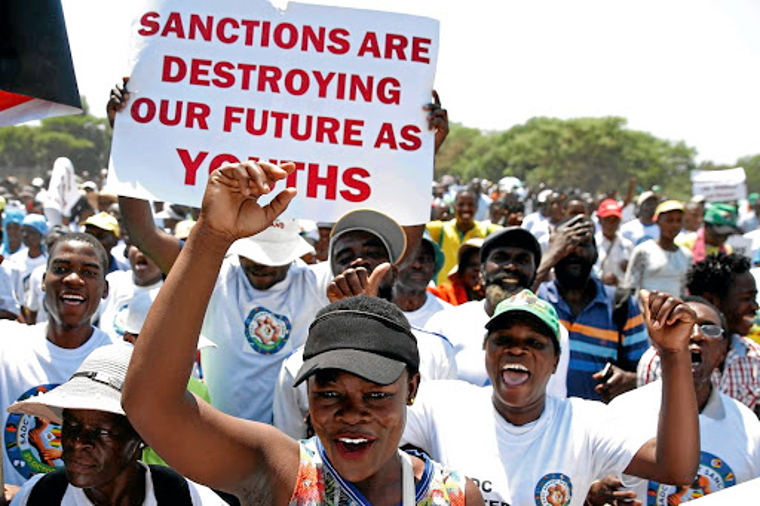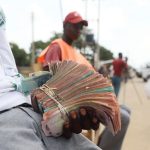But as Biden invoked Executive Order 14118 on 4 March 2024 to revoke the 21-year old national emergency, none of the ‘civil society’ organisations that were visible and active in 2003, which were showered with US ‘emergency’ funding, were still standing tall if at all; they’re now either dead or dying or existing only in name and in briefcases. This includes the MDC, the intended main beneficiary of the national emergency.
The funding of ‘civil society’ under Zdera and from the hardly audited ‘national emergency’ funding till, killed civil society in that the old has virtually disappeared, while the new, established as ‘one person-centred’ briefcase NGOs, is nowhere to be seen or heard. This largely explains why both ‘civil society’ and the political opposition in Zimbabwe are at their weakest since the country’s independence in 1980.
In fact, today in 2024 unlike 21 years ago in 2003, there’s neither civil society nor political opposition in Zimbabwe, to speak of.
Meanwhile, the land reform grassroots structures of households drawn from peasant farmers and veterans of the armed liberation struggle who fought the liberation war with peasant support, have literally taken over agriculture and are doing exceedingly, even under harsh economic conditions. Their political home is Zanu PF, which is far stronger today – at the grassroots level in the majority of the country’s 1970 ward, 68 districts and 210 constituencies, than it was between 2003 and 2008, when the three orders in question were issued.
There are other notable developments that exposed the US national emergency and guaranteed its failure over the last 21 years, and these include the 2009 ZanuPF/MDC Government of National Unity (GNU); and the new Constitution of Zimbabwe enacted by the two political parties in 2013. Once in the GNU, the MDC cabinet ministers called for the removal of the sanctions, and they pointed to the adoption of the new 2013 Constitution as the birth of a New Zimbabwe; which rendered the US national emergency and economic sanctions counterproductive and unnecessary.
Even the military coup in November 2017, coupled with the government of Zimbabwe’s diplomatic ‘re-engagement’ policy based on the mantra that ‘Zimbabwe is an enemy of none and a friend of all”; complicated matters for the continuation of the national emergency declared by the US in 2003.
Against this backdrop of the radically changed geopolitics in the international environment, the new dynamics within Sadc and the current national situation in Zimbabwe, it stands to reason that Biden had to revoke the 2003 US national emergency declaration that the situation in Zimbabwe constituted “an unusual and extraordinary threat to the foreign policy of the United States” on grounds that it “should no longer be in effect”, and it “is no longer needed”.
LINK: FOUR EXECUTIVE ORDERS, ONE PROCLAMATION & ONE ENABLING LAW [ZDERA] DEALING WITH US SANCTIONS ON ZIMBABWE FROM 2001 TO 2024
(1120 VIEWS)


